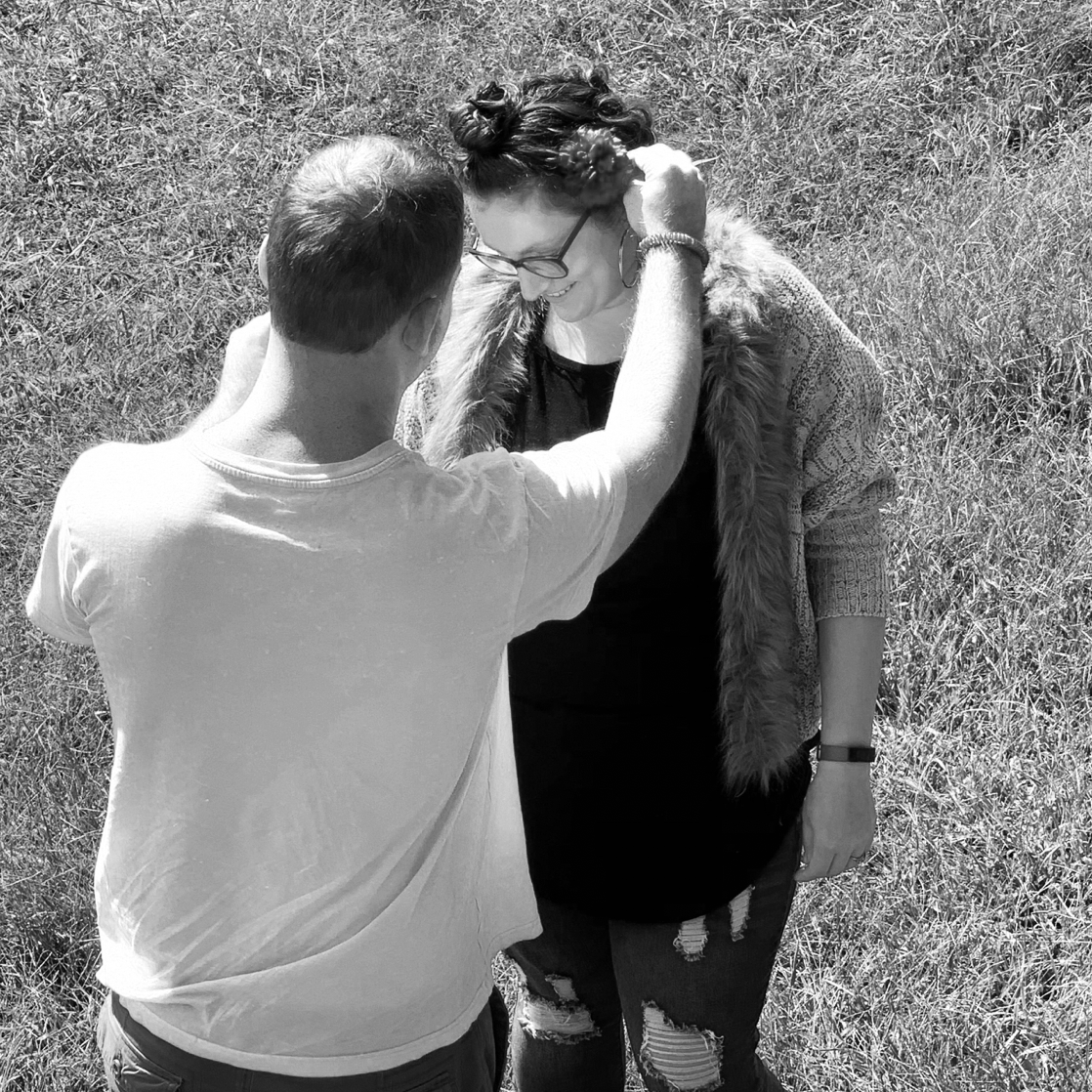Healthy Relationships and Boundaries
Strong, respectful relationships are a cornerstone of a happy, independent life. At Brightstone, we help young adults develop the skills to connect with others while maintaining healthy boundaries—at home, at work, and in their communities.
What Makes a Healthy Relationship
Healthy relationships are built on trust, respect, and open communication. We teach young adults how to recognize positive connections and set boundaries that protect their emotional and physical well-being. Boundaries aren’t walls—they’re guidelines that support mutual respect.
Core Relationship Skills We Build
Communication: Learning both verbal and nonverbal skills, active listening, and reading social cues.
Cooperation: Working toward shared goals with flexibility and respect for others’ perspectives.
Resisting Peer Pressure: Developing self-management skills to confidently say no to unsafe or unwanted behavior.
Conflict Resolution: Addressing disagreements calmly, brainstorming solutions, and reaching fair compromises.
Seeking Help: Knowing when and how to ask for support in challenging situations.
Real-World Practice
We give young adults opportunities to apply these skills in community activities, social events, and group sessions. Whether it’s a Valentine’s Day social or a weekly meet-up, these experiences reinforce that relationships thrive when there’s respect, communication, and balance.
Learn more about Brightstone’s approach to skill building.

